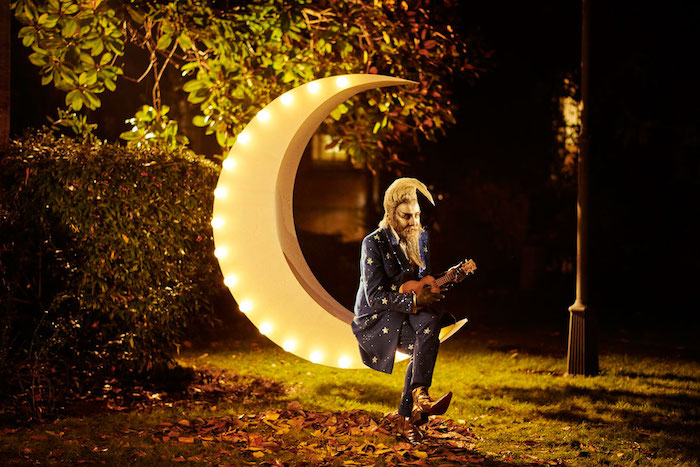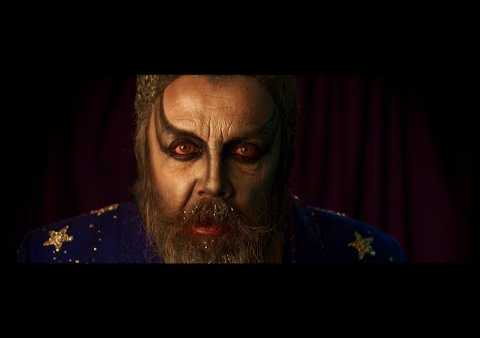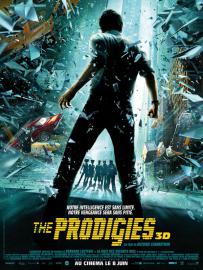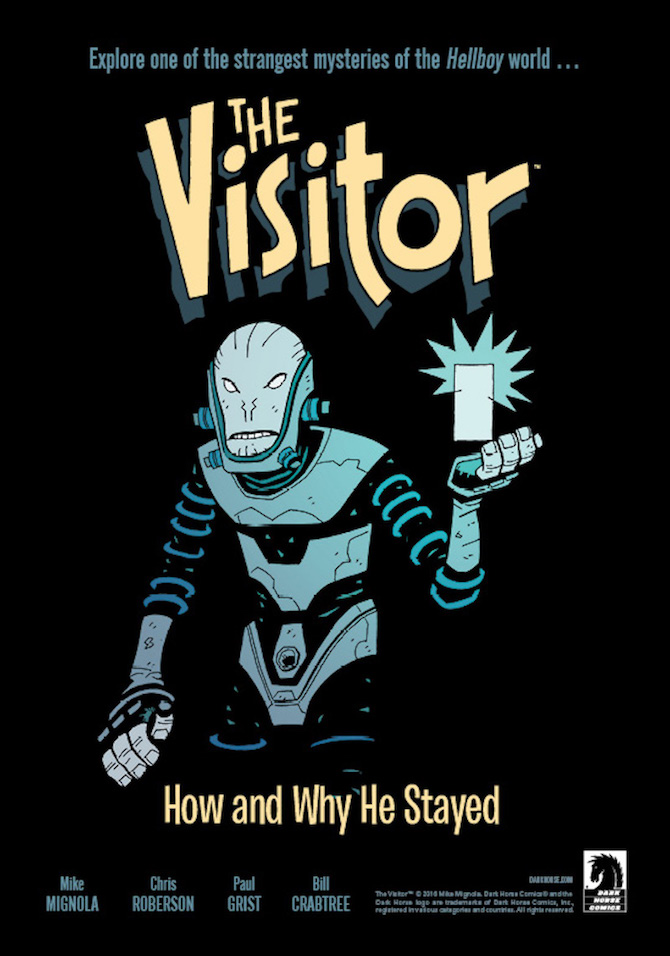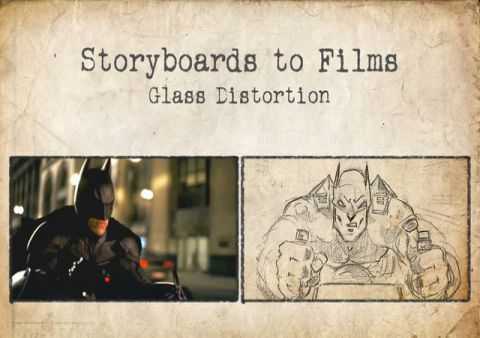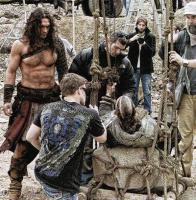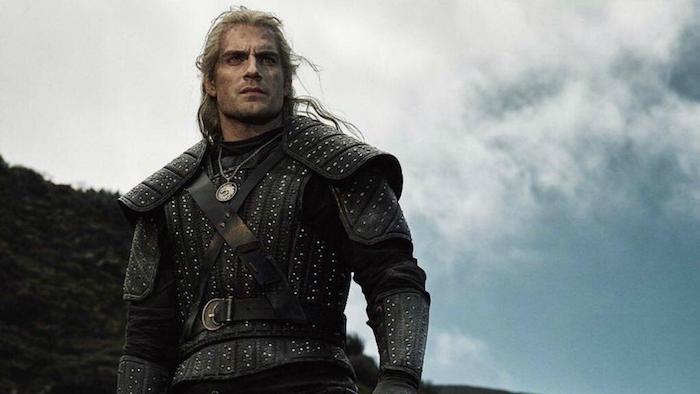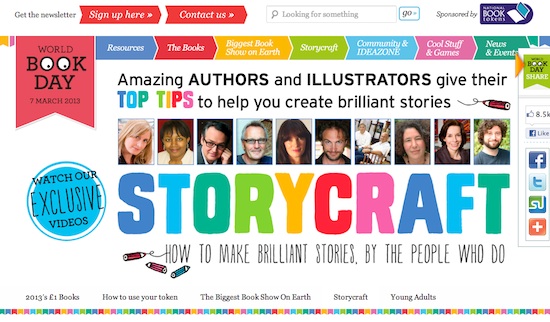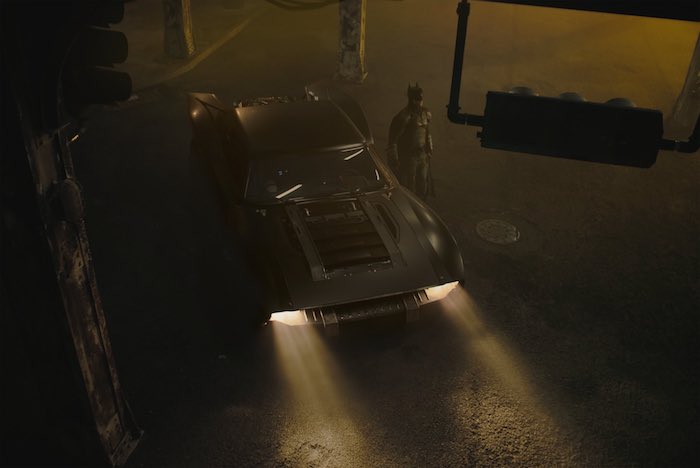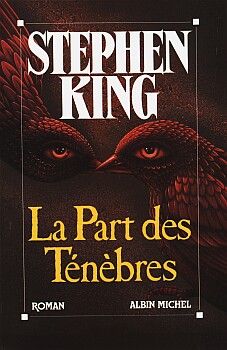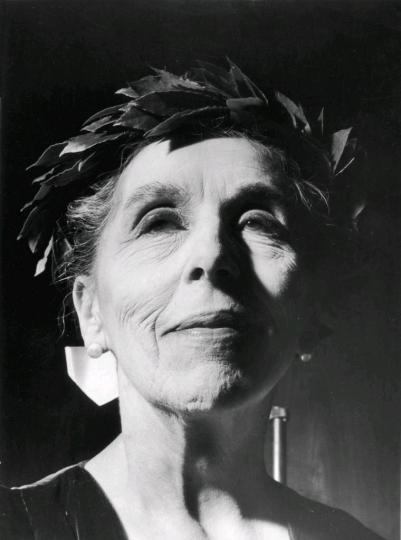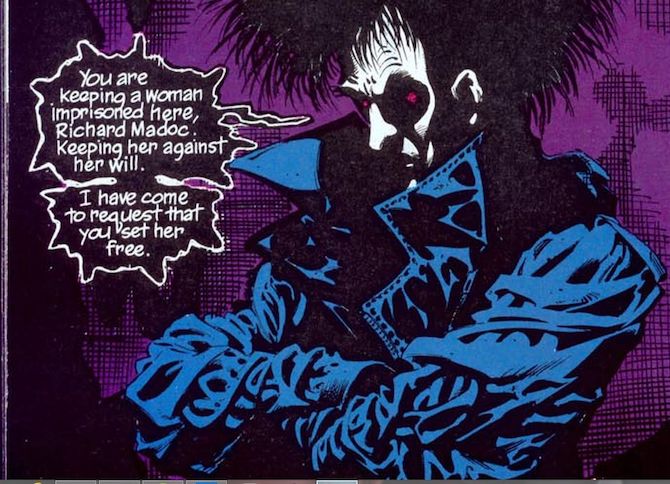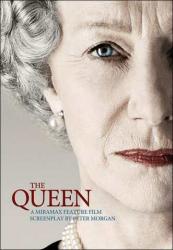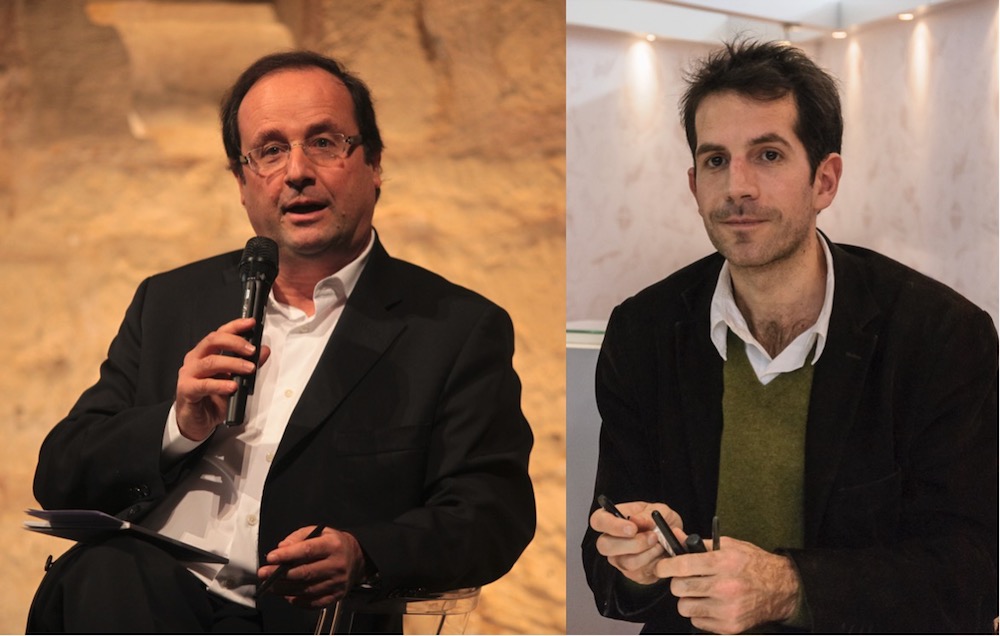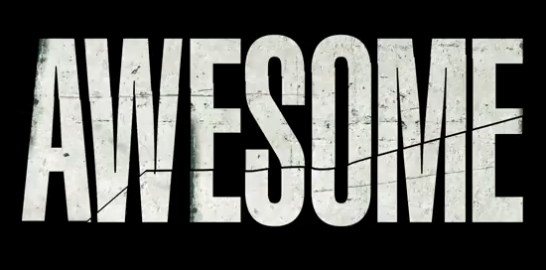The Show film
Dossiers
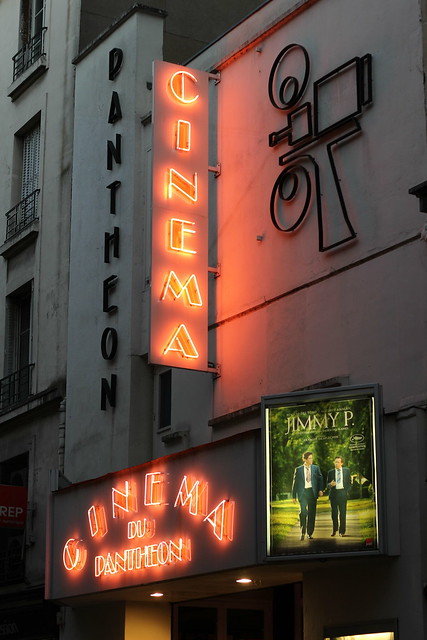
En série ou en film, les adaptations de livres crèvent l'écran
Le Parrain, Les Dents de la mer, Raisons et sentiments, Le Seigneur des Anneaux, la saga Harry Potter, Le Nom de la Rose, Orange mécanique, Vol au-dessus d'un nid de coucou, Le Guépard, Lettre d'une inconnue... Tous ces films ont un point commun, celui d'être des adaptations de romans ou de sagas littéraires...
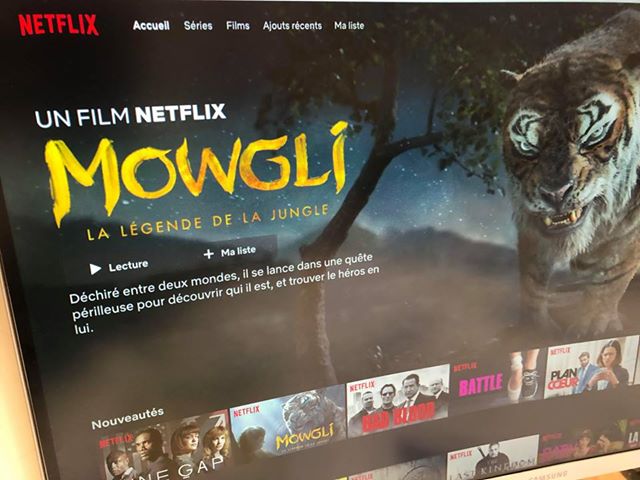
Netflix : quand les livres inspirent films et séries
Fondée en 1997, la société Netflix est devenue le symbole même d’une nouvelle approche de la vidéo sur internet. Son service de streaming, déployé sur une vingtaine filiales, réparties sur 190 pays dans le monde a conquis les utilisateurs. Séries, films, documentaires, on y retrouve une offre qui se diversifie. Et les livres y trouvent de plus en plus leur place.
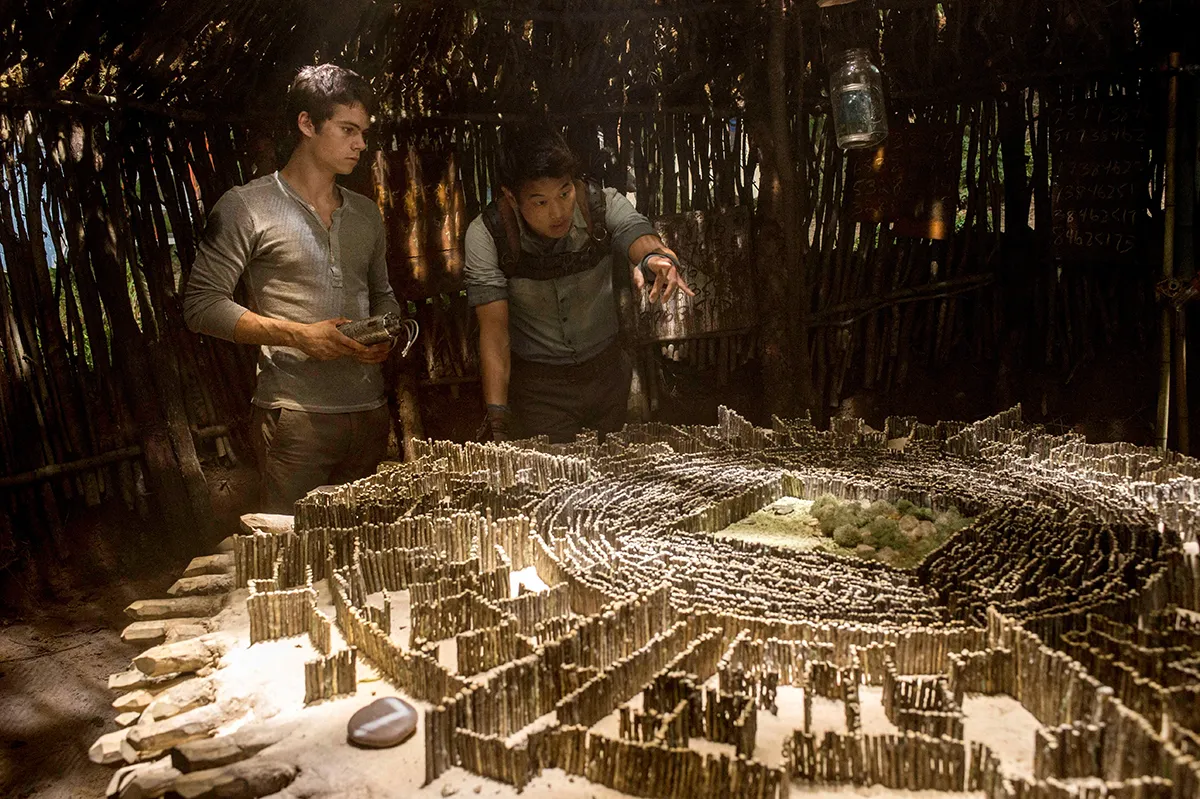
Courir ou mourir : Le Labyrinthe, la saga de James Dashner
Depuis la publication du premier livre en 2009, la saga Le Labyrinthe (titre original : The Maze Runner), écrite par James Dashner, a marqué une génération d'adolescents et jeunes adultes par son intrigue captivante, ses personnages attachants et sa représentation métaphorique des défis de l'adolescence. Cette saga dystopique a séduit des millions de lecteurs à travers le monde et a inspiré une série de films à succès.

Livres, actualités : tout sur Andrée Chedid
Née le 20 mars 1920 au Caire, en Égypte, sous le nom Andrée Saab, Andrée Chedid y mène ses études, apprenant le français et l'anglais, et utilisant de manière ponctuelle l'arabe. Avec son mari Louis Selim Chedid, qu'elle épouse en 1942, elle part au Liban l'année suivante, où elle publie son premier recueil poétique, On the Trails of My Fancy, sous le pseudonyme A. Lake.

Foire du Livre de Francfort 2019 : la Norvège à l'honneur
La Foire du Livre de Francfort 2019, 71e édition, se déroulera du 16 au 20 octobre. L'un des plus importants salons du monde du livre européen fera cette fois une place d'honneur à la Norvège. « The dream we carry », ou le « Le rêve que nous faisons », titre du programme mis en œuvre par le pays, promet beaucoup, et notamment des focus sur la liberté d'expression et sur les auteurs et livres féministes.

Bandes dessinées, nouveautés : les livres de Riad Sattouf
Riad Sattouf est auteur de bandes dessinées et réalisateur, né en 1978. Ses deux séries best-sellers sont L’Arabe du futur (Allary Éditions), 2,5 millions d’exemplaires vendus, et Les Cahiers d’Esther (Allary Éditions), 950.000 exemplaires vendus. Il a réalisé deux longs-métrages : Les Beaux Gosses (2009), César du meilleur premier film, et Jacky au royaume des filles (2014).
Extraits
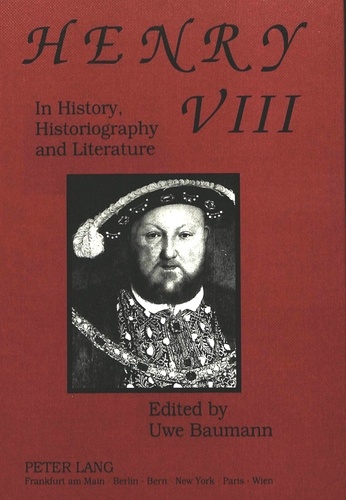
Non classé
Henry VIII in History, Historiography and Literature
01/1993
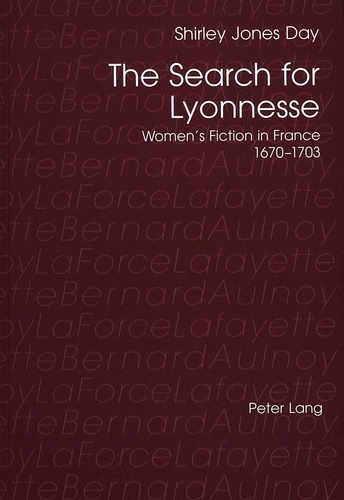
Non classé
The Search for Lyonnesse
07/1999

Droit
Transport and Risk Communication
09/1997
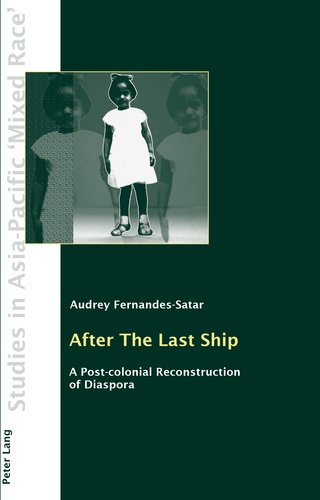
Histoire internationale
After The Last Ship
04/2014
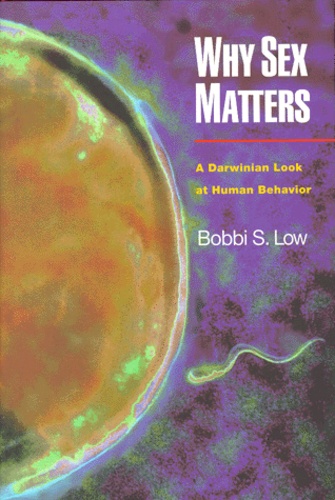
Histoire et Philosophiesophie
WHY SEX MATTERS. A Darwinian Look at Human Behavior
01/2000
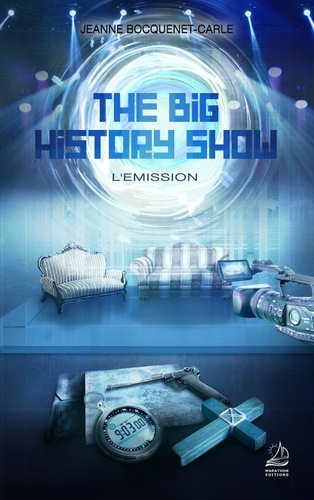
Mondes fantastiques
The Big History Show Tome 1 : L'émission
07/2022


